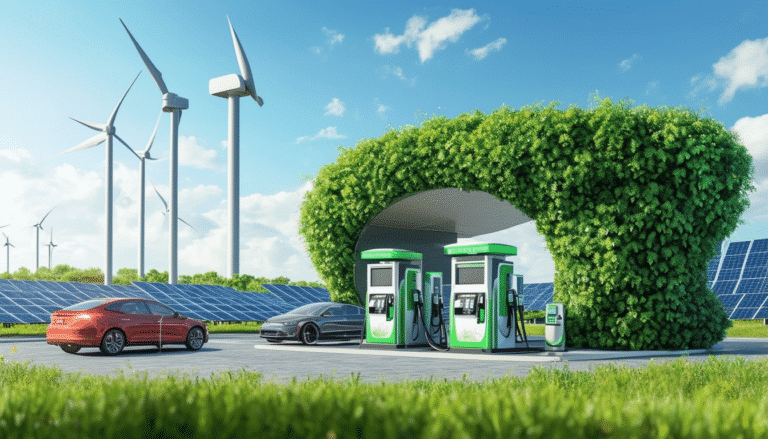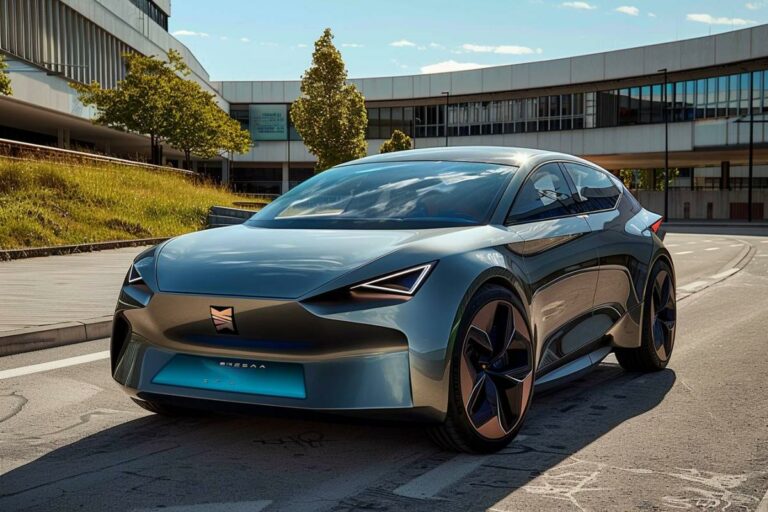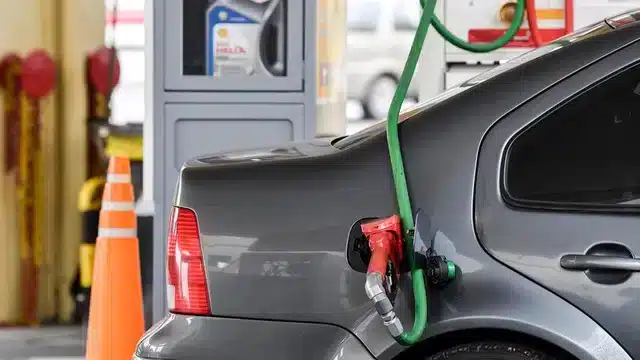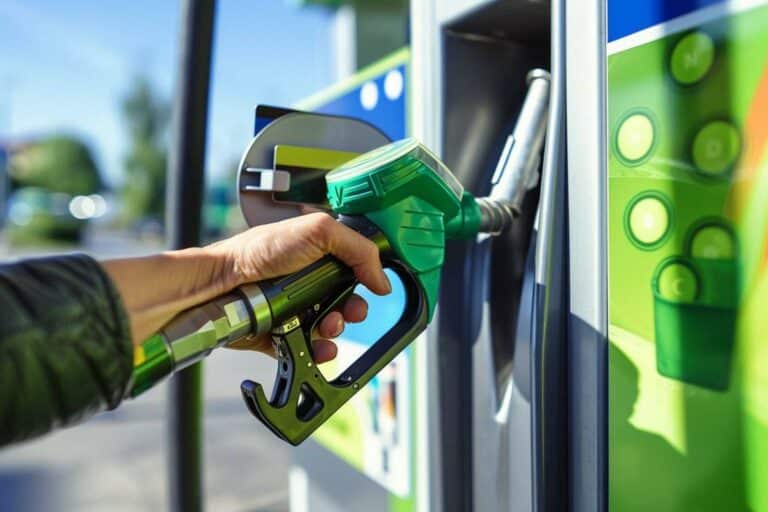La importancia de la planificación en viajes para el ahorro de combustible
The proper planning of trips is essential not only to guarantee an unforgettable experience but also to achieve significant fuel savings. By making informed decisions about routes, stops, and using advanced technology like GPS navigation systems, it is possible to optimize vehicle performance and reduce environmental impact. Adopting efficient driving habits and performing regular car maintenance also contribute to minimizing fuel expenses. Therefore, good planning becomes a key strategy for both budget and sustainability.
Properly planning a trip not only enhances the traveler’s experience but is also crucial for saving fuel. Through a proper planning strategy, travel costs can be minimized and the environmental impact associated with vehicle use can be reduced. This article explores how efficient organization of itineraries and the implementation of appropriate technologies can make a significant difference in fuel consumption during trips.
Optimal use of GPS technology
Nowadays, using GPS technology has become an essential element in trip planning. Modern navigation systems not only help find the quickest route but also allow for optimizing routes to avoid traffic congestion and, consequently, excessive fuel expenditure. Using apps that calculate the most efficient route can result in significant savings.
Itinerary organization
The organization of the itinerary is a fundamental aspect to consider for minimizing gasoline consumption. Planning stops for rest, food or charging can help avoid unnecessary detours that increase the distance traveled. Likewise, it is advisable to take into account weather conditions and traffic on the chosen route.
Vehicle maintenance
A well-maintained vehicle is synonymous with efficient driving. Following the manufacturer’s recommendations for regular maintenance of the car is crucial. This includes oil changes, checking filters, and the cooling system, among others. Proper maintenance not only prevents mechanical problems but also contributes to lower fuel consumption.
Efficient driving
The way the vehicle is driven has a direct impact on fuel consumption. Adopting efficient driving habits, such as avoiding sudden accelerations and maintaining a constant speed, can make a difference in the amount of gasoline used during a trip. Implementing techniques like hypermiling can result in significant savings on long trips.
Loading and cargo of the vehicle
The way a vehicle is loaded also influences fuel consumption. Distributing weight evenly and avoiding excess load can help improve the efficiency of the car. It is advisable to utilize the cargo compartment optimally to prevent the engine from having to work harder than necessary.
Impact of planning on travel costs
Proper planning not only benefits the environment but also has a significant impact on travel costs. By reducing fuel consumption, travelers can enjoy a more economical experience. For example, by choosing routes that avoid traffic or that are more direct, one can save a lot on gasoline expenses.
Additional resources for fuel savings
There are various tools and resources that can help in the process of planning efficient trips. Referring to guides and specialized websites on fuel savings, as well as using apps for route optimization, can be key allies. Some useful tips can be found at this link: Expert tips for maintaining your vehicle and saving fuel.
In addition, learning about the importance of good planning for a trip is vital. More can be read in this article: Importance of good trip planning.
In summary, trip planning is a powerful tool for fuel savings and promoting more sustainable and responsible driving. Every detail counts, and each trip can contribute to a greener future.
The proper planning of a trip presents itself as a crucial factor not only for optimizing the traveler’s experience but also for maximizing fuel savings. With a strategic approach, every aspect of the journey can be carefully assessed, from the choice of efficient routes to considering weather conditions, allowing for anticipating and avoiding situations that could result in unnecessary gasoline consumption.
Using modern GPS navigation systems becomes an indispensable tool in the search for routes that minimize the journey, avoiding long detours and traffic jams. Real-time traffic apps can suggest the best route options, thus helping to reduce driving time. This not only translates to lower fuel expenses but also in the reduction of pollutant emissions.
Moreover, vehicle preparation plays a fundamental role in fuel efficiency. Performing regular preventive maintenance, such as checking tire pressure and checking the engine’s condition, ensures that the vehicle operates optimally, avoiding mechanical issues that could increase fuel consumption. Planning also includes considering the loading of the vehicle, distributing weight evenly to improve aerodynamics and the car’s performance.
Finally, organizing clear itineraries that include strategic stops and sufficient time for activities allows for more relaxed and less stressful driving. By integrating all these factors into trip planning, not only are economic benefits obtained, but a more sustainable and responsible lifestyle with the environment is also encouraged. Thus, planning becomes a powerful tool for those seeking to enjoy their adventures without compromising the planet’s well-being.






